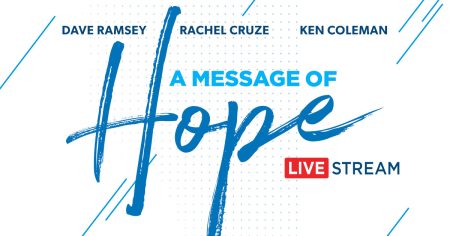As you transition from the workforce into retirement, managing your finances becomes more crucial than ever. This new chapter in life requires a careful reevaluation of your spending, saving, and investment strategies to ensure long-term financial security. For retirees, creating a budget isn’t just about keeping track of expenses—it’s about maximizing the enjoyment of your retirement years with peace of mind.
Understanding Your Retirement Budget
The first step in successful budgeting as a retiree is to have a clear understanding of your income sources. These can include Social Security benefits, pension payouts, retirement account withdrawals, and any other passive income sources like rental properties or dividends. It’s essential to know the timing and amount of these income streams as they will dictate your spending ability.
Equally important is a thorough understanding of your expenses. Fixed expenses such as housing, healthcare, insurance, and groceries are predictable and often non-negotiable. However, variable expenses such as travel, entertainment, and hobbies offer flexibility. By categorizing your expenses, you can identify areas where adjustments can be made without sacrificing the quality of your life.
Budgeting methods
50/30/20 Budgeting Rule
One popular method is the 50/30/20 budgeting rule, adapted for retirees. Traditionally, this rule allocates 50% of income to necessities, 30% to wants, and 20% to savings. For retirees, the savings portion could be adjusted to focus more on emergency funds or health care costs, considering that much of their income might already be from savings. This method is particularly effective for those who want a simple, straightforward way to manage their finances, ensuring that essential expenses are covered while still allowing for leisure and personal pursuits.
Bucket Strategy
Another budgeting technique called the bucket strategy can be particularly useful for retirees. This approach involves dividing your savings into several ‘buckets’ each designated for a different purpose or period of your retirement. For example, one bucket could be set aside for immediate expenses, another for short-term goals in the next five to ten years, and a third for long-term needs. This method not only simplifies the budgeting process but also helps in minimizing risk by allocating assets according to the time horizon and personal risk tolerance.
Zero-Based Budget
Lastly, the zero-based budget is ideal for retirees who want meticulous control over their finances. This method involves assigning every dollar of income a specific job, whether it’s covering living expenses, funding hobbies, or contributing to an emergency fund, ensuring there are no unallocated resources which can lead to unnecessary spending. It’s a bit more time-consuming but can offer peace of mind by providing a detailed plan for how every cent is spent.
Adjusting for Healthcare and Unexpected Expenses
One of the most significant and often unpredictable costs in retirement is healthcare. It’s crucial to allocate a substantial part of your budget to health-related expenses, including Medicare premiums, supplemental insurance, and out-of-pocket costs. Considering long-term care insurance might also be a wise decision, as it can cover costs that Medicare does not, such as nursing home care or in-home care services.
Emergency Fund
Unexpected expenses can also arise, and having an emergency fund is more important than ever. Financial advisors often recommend having at least six months’ worth of living expenses set aside in an accessible savings account. This fund can be a financial lifesaver in case of unforeseen events such as home repairs or emergency medical issues.
Staying Flexible and Hopeful
Retirement is a dynamic period, and your budget should be too. It’s important to review and adjust your budget regularly to reflect any changes in your income or expenses. Staying informed about financial management and being open to adjusting your budgeting strategies can make a significant difference in your financial health.
Make the Most of it
Moreover, remember that budgeting isn’t just about constraints; it’s also about making the most of your retirement. With careful planning and management, you can ensure that you have the resources to pursue your passions, explore new interests, and enjoy the company of family and friends. After all, the goal of a well-planned retirement budget is to provide financial security and peace of mind, allowing you to hope and plan for the future with confidence. You’ve worked hard to get to this point you deserve to be able to enjoy your retirement.
Conclusion
Using the right strategies and tools, budgeting can be managed effectively. By understanding your income and expenses, utilizing innovative budgeting tools, preparing for healthcare costs, and maintaining an emergency fund, you can create a budget that supports a fulfilling and secure retirement. Remember, budgeting in retirement is not just about monitoring spending but ensuring a quality of life that you’ve worked hard to achieve. We at American Consumer Credit Counseling (ACCC) wish you a happy, relaxing, and financially healthy retirement. Not to worry if things don’t go according to plan; if you find yourself in debt reach out to us here at ACCC for a free consultation!
If you’re struggling to pay off debt, ACCC can help. Schedule a free credit counseling session with us today.
Read the full article here










